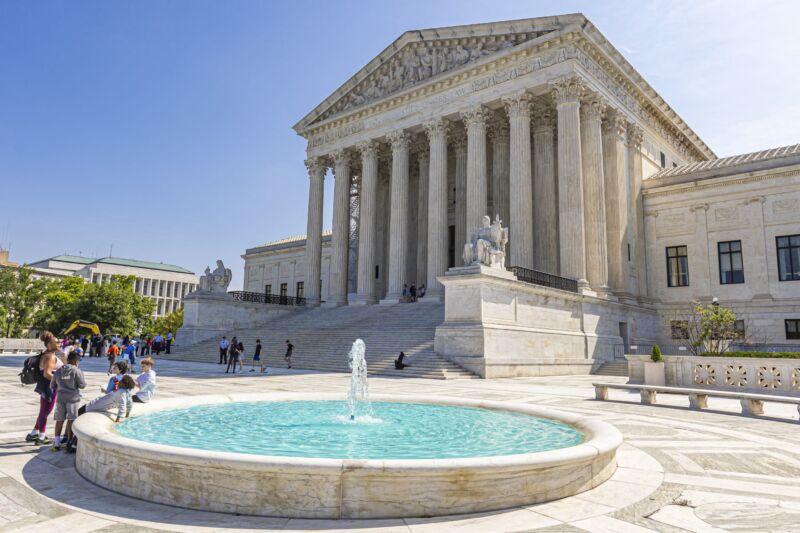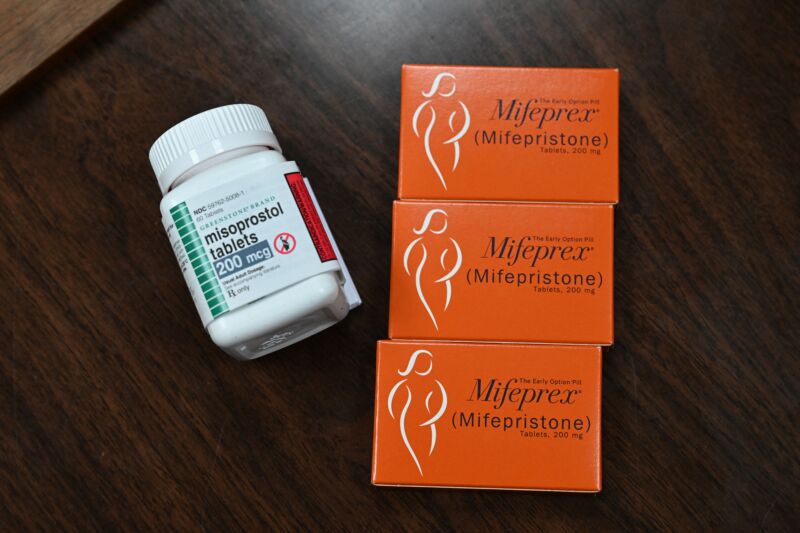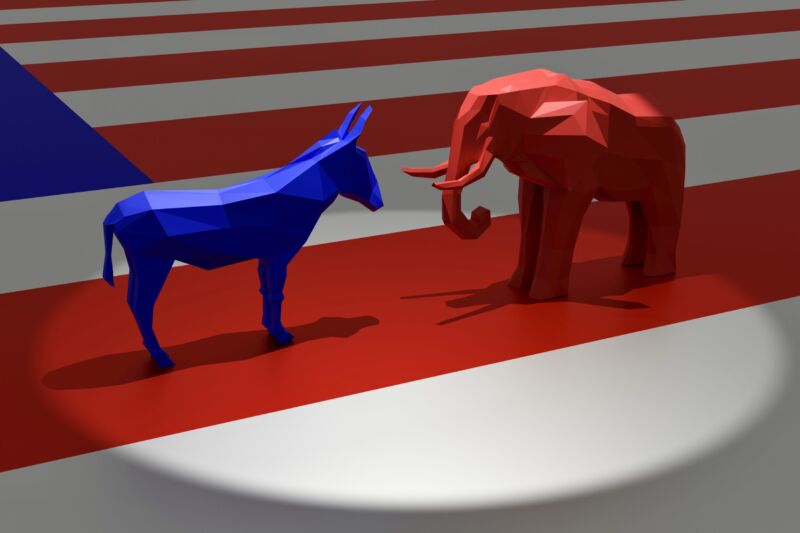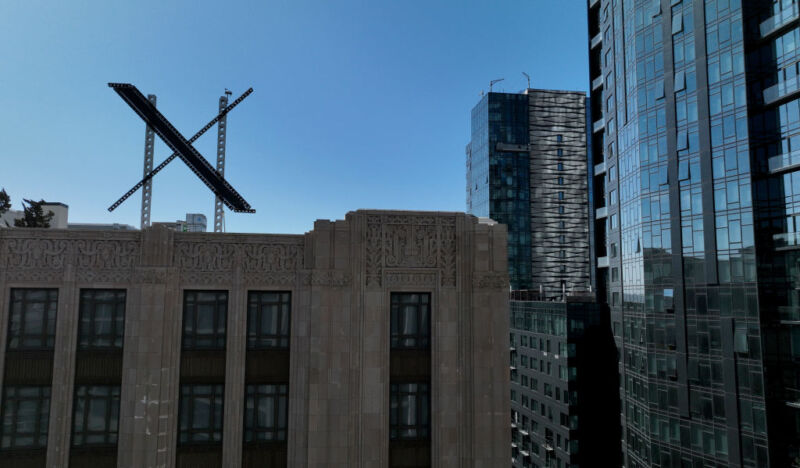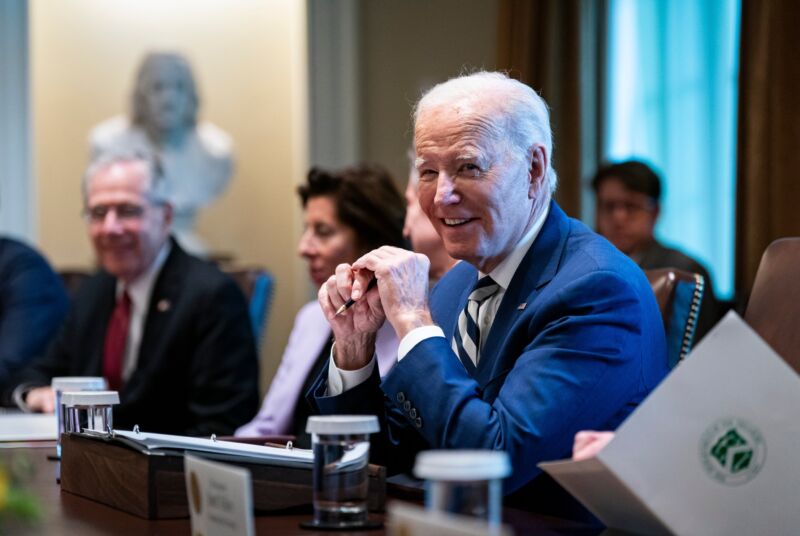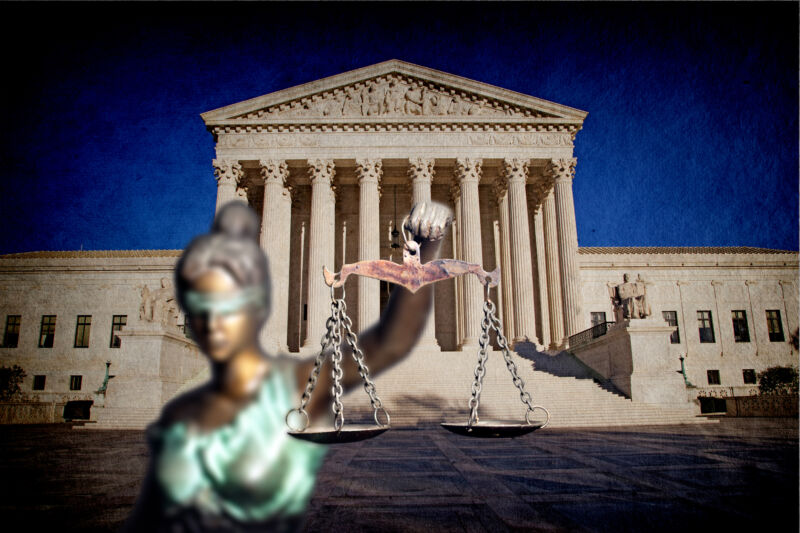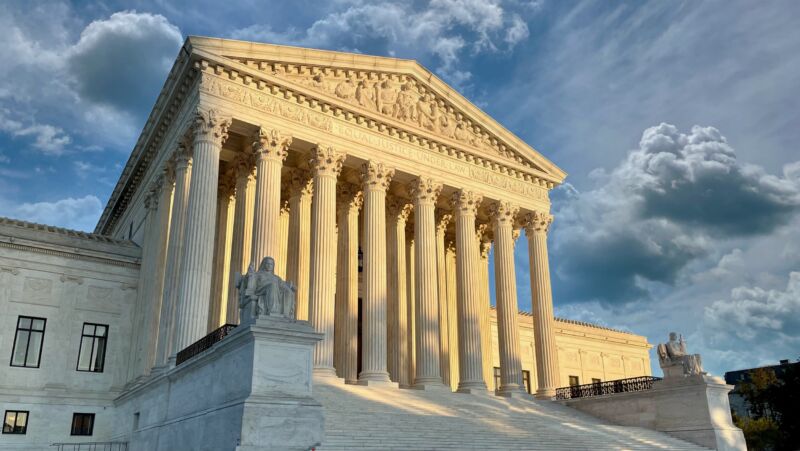-
chevron_right
Cox Plans to Take Piracy Liability Battle to the Supreme Court
news.movim.eu / TorrentFreak · Monday, 8 April - 20:11 · 3 minutes
 Internet provider Cox Communications has been on the sharp end of several piracy lawsuits in recent years.
Internet provider Cox Communications has been on the sharp end of several piracy lawsuits in recent years.
The biggest hit came three years ago when the Internet provider lost its legal battle against a group of major record labels.
A Virginia jury held Cox liable for pirating subscribers because it failed to terminate accounts after repeated accusations, ordering the company to pay $1 billion in damages . This landmark ruling was appealed and while Cox remains liable for contributory copyright infringement, the damages award may change.
New Damages Trial ‘Delayed’
The court of appeals recently dismissed the vicarious liability claims and vacated the $1 billion damages award. A new trial will determine the scale of the damages given these new circumstances.
When the court of appeals issues its mandate, the lower court can start a new damages proceeding. However, Cox believes that it’s best to put the brakes on this process, as there is another appeal pending that could influence the outcome. That has to conclude first.
The record labels don’t object to this reasoning and have informed the court that its mandate could be stayed until the second appeal is finalized. The court of appeals subsequently granted the request last Friday.
Cox Works on Supreme Court Petition
These procedural issues typically aren’t very exciting but, in this case, Cox also revealed that it plans to file a writ of certiorari, asking the Supreme Court to take on the piracy liability battle. That’s notable, as it would be the first time that a “repeat infringer” case ends up at the highest court United States.
Cox asked the court of appeals to also stay its mandate pending its Supreme Court application, as this could steer the legal battle in yet another direction.
According to Cox, the Supreme Court has substantial reasons to take on the case. For one, there are currently conflicting court of appeals rulings on the “material contribution” aspect of copyright infringement.
The Supreme Court could give more clarity on when a service, with a myriad of lawful uses, can be held liable for infringers.
In addition, Cox also cites the recent ‘Twitter vs. Taamneh’ Supreme Court ruling, which held that social media platforms aren’t liable for terrorists who use their network. While that’s not a copyright case, it’s relevant for the secondary liability question, the ISP argues.
“Though Twitter was not a copyright case, it confronted a directly analogous theory of secondary liability: that social-media platforms, including Twitter and YouTube, could be liable for continuing to provide services to those they knew were using them for illegal purposes,” Cox writes.
Termination Risk
Finally, Cox notes that the Supreme Court should hear the case because it deals with an issue that’s ‘exceptionally important’ to ISPs as well as the public. If the present verdict stands, Internet providers may be much more likely to terminate Internet access, even if the subscriber is innocent.
“This Court’s material-contribution standard provides powerful incentives for ISPs of all stripes to swiftly terminate internet services that have been used to infringe— no matter the universe of lawful uses to which those services are put, or the consequences to innocent, non-infringing people who also use those services.
“That is why a chorus of amici urged this Court not to adopt this standard at the panel and en banc stages, and will likely urge the Supreme Court to grant review as well,” Cox adds, referring to the support it received from third-parties previously.
No Supreme Court Stay
Cox hasn’t filed a writ of certiorari yet and still has time, as it’s due June 17, 2024. The intention to go to the Supreme Court would be another reason to halt the new damages trial, according to Cox, but the court of appeals rejected the request.
This means that the new damages trial can start, even if the case is still pending at the Supreme Court. However, it’s clear that this legal battle is far from over yet.
—
A copy of Cox’s motion to stay the mandate, with the Supreme Court comments, is available here (pdf) . The Appeals Court’s order on this motion can be found here (pdf)
From: TF , for the latest news on copyright battles, piracy and more.

